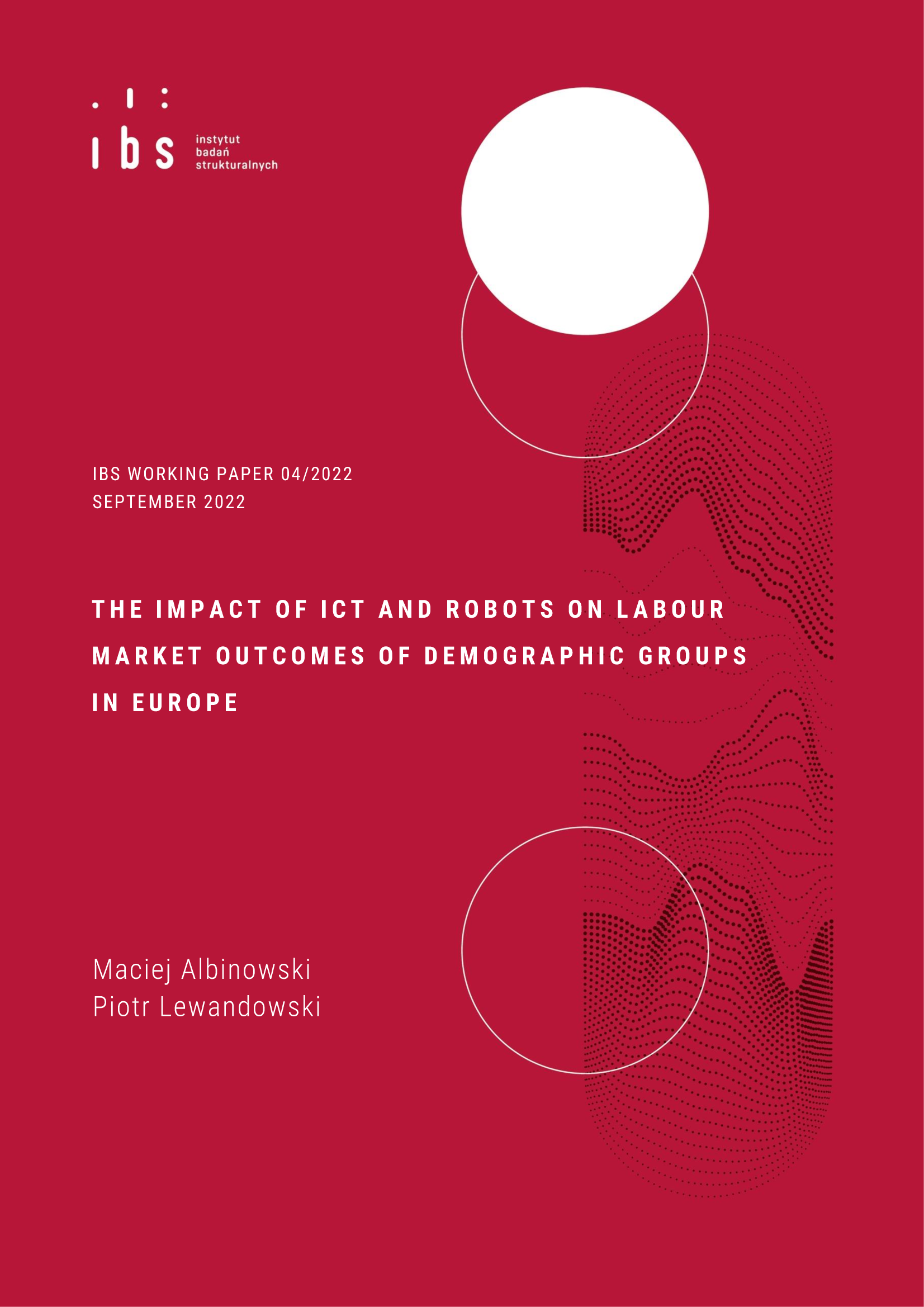We study the age- and gender-specific labour market effects of two key modern technologies – Information and Communication Technologies (ICT), and robots – in 14 European countries between 2010-2018. To identify the causal effects of technology adoption, we utilize the variation of technology adoption between industries and apply the instrumental variables strategy proposed by Acemoglu and Restrepo (2020). We find that adopting ICT and robots increased the shares of young and prime-aged women in employment and wage bills of particular sectors, but reduced the shares of older women and prime-aged men. The negative effects were particularly pronounced for older women in cognitive occupations – who tend to have low ICT-related skills – and for young men in routine manual occupations who experienced substitution by robots. Between 2010 and 2018, the growth of ICT capital played a visibly larger role than robot adoption in explaining changes in labour market outcomes of demographic groups.

We thank Robert Stehrer and the participants of the UNTANGLED workshop in Vienna and the WIEM conference in Warsaw for their helpful comments. This paper uses Eurostat data. Eurostat has no responsibility for the results or the conclusions, which are those of the authors. This project has received funding from the European Union’s Horizon 2020 Research and Innovation programme (project “UNTANGLED”) under grant agreement No. 1001004776.

